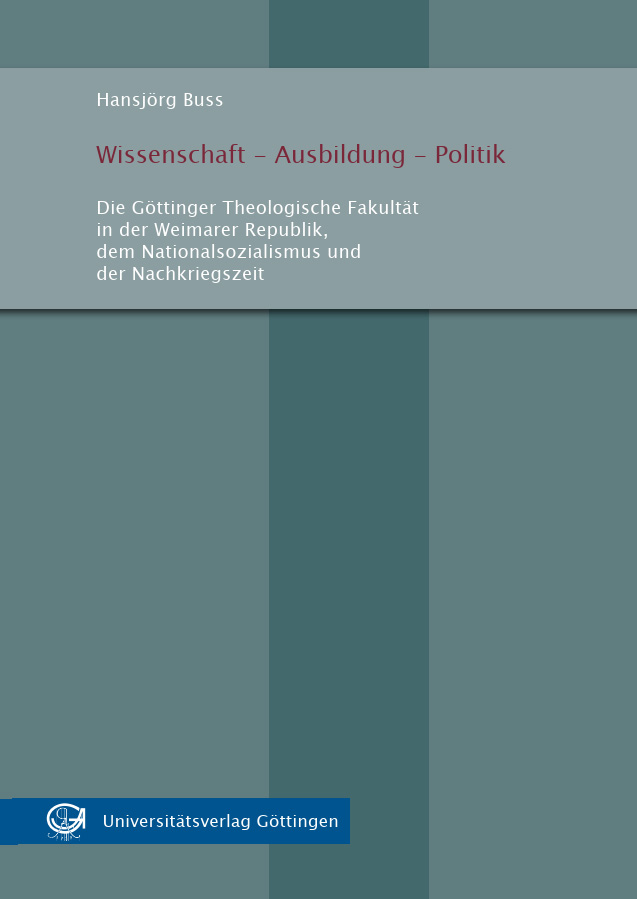"Our Faculty of Theology is really and truly the only Faculty of Theology from which something great and effective in the sense of the new state can be made if the Ministry is determined to rebuild. Dean Emanuel Hirsch to Rector Friedrich Neumann on June 16, 1934On a broad source basis, Hansjörg Buss deals with the theological faculty of the State University of Göttingen in the first half of the 20th century. The significance and influence of the new theological approaches of the interwar period as well as the social and political challenges on institutional action, research, teaching, administration, and journalism are examined, with the situation of the student body also being considered for the first time. It is shown that the faculty at no time found a positive relationship to the Weimar Republic. During the National Socialist dictatorship, the 'church struggle' and ideological competitive pressure from the Nazi state narrowed its scope. Plans to create a German-Christian flagship faculty fell through, hopes and disillusionment, loyalty to the state and opposition to church policy, academic continuity and institutional struggle for existence determined its further path. The collapse of the German Reich in May 1945 ushered in a far greater caesura: The personnel reorganization was connected with a theological reorientation that left a lasting mark on the faculty. The author: Dr. Hansjörg Buss, born in 1971, studied history, political science and law (public law). The present work was made possible by a three-year research fellowship from the Göttingen Faculty of Theology. Translated with www.DeepL.com/Translator (free version)
Publikationstyp: Dokumentation
Sparte: Universitätsverlag
Sprache: Deutsch





